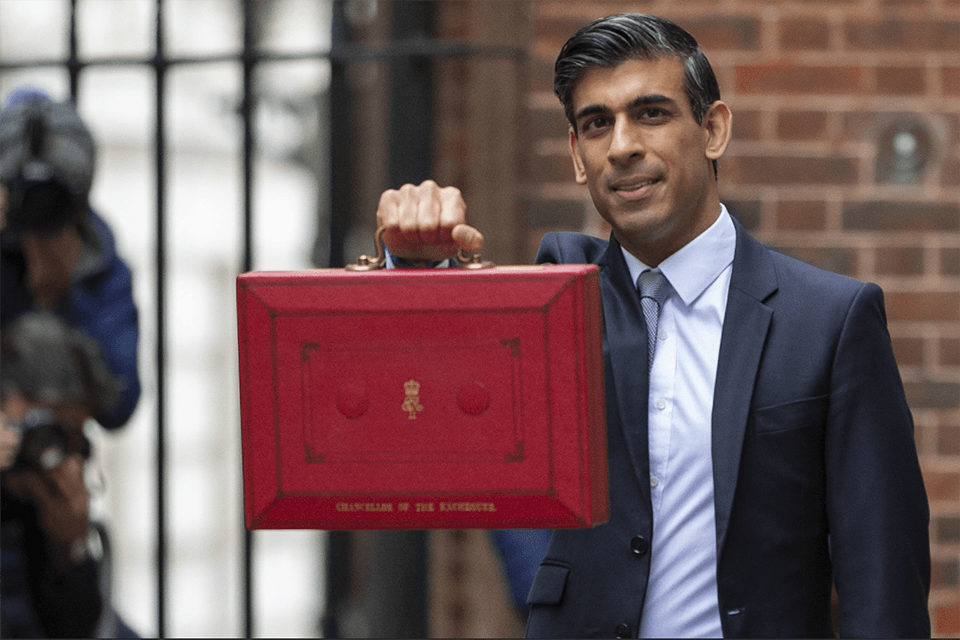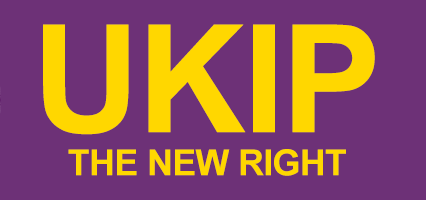Johnson’s suicidal green agenda will ruin Britain
News & Social Media / Post
Until we have removed the establishment parties, we must consider ourselves an occupied country

Boris Johnson is expected to open the door to more onshore wind at next week’s energy strategy, despite some cabinet ministers lobbying against relaxing planning laws to allow more turbines. The business secretary, Kwasi Kwarteng, has made clear publicly that he would like to see planning rules relaxed in order to facilitate the building of more onshore windfarms. Michael Gove, who oversees the planning system, has also spoken in favour. If you were harbouring any illusions that this is the Brexit government many of you voted for then this ought to be your wake up call.
Kwarteng has suggested the public’s opposition to windfarms has fallen away, given the push for net zero and the renewed interest in energy self-sufficiency since Russia’s invasion of Ukraine. he said “There were quite understandable political reasons that people didn’t want to see large-scale, onshore winds in their vicinity. I think that’s changed,” he told the i newspaper earlier this week. “I think the prime minister has been very clear that onshore wind has got to be part of the mix and we’ve got to look at planning.”
This is the height of self-delusion. The reason why there’s an effective onshore wind ban in the first place was due to a massive campaing against them, as much for their local environmental impact as the fact they’re expensive and useless – with load factors less than a third of installed capacity. Remote locations also means long and expensive transmission lines, comprising rare and expensive metals. Cameron put the ban in place because he knew it was costing him votes. It’s part of the reason why he didn’t win an outright majority in 2010, having lost votes to Ukip. Ukip was staunchly opposed to wind energy and still is.
Johnson’s new energy independence plan was announced after Russia’s invasion of Ukraine. Set to be published next week after some delays, it is expected to propose a rapid expansion of nuclear power and accelerated targets for renewables – but it is unclear whether a relaxation of planning rules around onshore wind will be included.
Presently the rules require a level of local consultation and consent. Thus, this is not a debate about onshore wind as such, rather it is a debate about democracy itself. One of the many reasons I voted to leave the EU was to decouple from top down policy agendas, but this flies in the face of everything Brexit was about. Not only is it a broad continuation of disastrous EU energy policy, they are removing the people’s local veto.
Moreover, Johnson has some nerve calling it an energy independence plan. Russia is not to blame. for our predicament. We don’t use all that much Russian gas. Our current energy emergency is one entirely of our own making. France invested heavily in nuclear energy some forty years ago and is now reaping the benefits. The UK, though, is having to buy gas off the global market at peak prices because we chose windmills instead. In any case, ramping up Net Zero merely switches the dependency to rare earth minerals in global markets currently cornered by Communist China. Just as the price of nickel is skyrocketing.
Expanding wind will only introduce more grid instability, and even if it can be argued that we’ll use less gas, we’ll end up paying more for the gas we use. Net Zero advocates, increasingly taking on the characteristics of Jehovah’s witnesses (though nowhere near as polite) argue that gas can be replaces with battery storage. This simply isn’t going to happen. There is massive global competition to acquire the necessary metals and minerals, for nascent and unproven technologies.
Worse still, any renewables will require more than one hundred percent back up for when the wind drops off and for occasions when interconnectors and other power sources have unplanned outages. Thus there are no realistic figures for how much capacity is needed, or how much it’s going to cost. But you can be assured that the costs will be astronomical.
The cost of battery back up, when added to wind makes wind among the most expensive forms of energy, and even at today’s gas prices, could end up being more expensive than gas when you consider the capital costs of grid balancing and subsidies. For systemic grid-scale storage to be affordable we need to see nearly 100-fold cost reductions, which are nowhere on the horizon.
Not only is lithium-ion technology too expensive for this role, but limited battery life means it’s not well suited to filling gaps during the days, weeks, and even months when wind and solar generation flags. It should also be noted that the extraction of rare earth minerals is by no means a clean or green activity.
Though we are pleased to a see a renewed interest in nuclear, but it’s too little and too late. We should have take action at least a decade ago, but the green blob holds all of the power over energy policy and they steered us toward wind, which is why we’re now seeing a collapse in living standards. Allegedly set to be the worst single year drop since rationing.
Many people complain that wind turbines are ugly. That much is a subjective debate, and I can think of isolated turbines in the Pennines which do have a certain charm, but to me they represent the victory of the green blob over democracy. They are a reminder to us that the people have no power. Environmentalism has replaced the state religion, where state-funded institutions, private trusts and charities are calling the shots, while our braindead MPs congratulate themselves for saving the planet.
The decision to massively expand offshore wind is quite possibly the greatest strategic blunder of all time. If the PM now goes ahead with relaxations to planning rules for onshore wind (while throttling the use of domestic reserves of gas and coal) then we can be sure he has gone native.
Yesterday’s budget scrapped VAT for heat pumps, solar panels and commercial turbines, all in service of the Net Zero religion. Sunak clearly failed to notice that there is to be a global grain crisis and the UK is a net importer of grain. Every scrap of viable agricultural land must be preserved for food production. Plastering the countryside with solar panels (with a feeble load factor of 10 percent) is beyond crass.
Similarly, the case for heat pumps is not made. A typical installation costs thousands of pounds – just as the notion of disposable income is becoming a thing of the past. Public subsidies mean the very poorest are paying for upgrades for homeowners while not being able to heat their own homes. Meanwhile, there is no reduction of carbon taxes on gas, which adds thirty percent to the cost of producing energy.
The latest budget is closer to Gordon Brown and Ed Miliband than anything we might consider conservative, Even in the midst of a cost of living crisis, and and energy emergency, the lunatic fantasies of greens have been put ahead of the wealth and welfare of the British people. To the extent that we must essentially consider ourselves an occupied country until we have removed the establishment parties.
We have been warning for more than a decade that wind energy and the eco-cult would ultimately result in energy shortages and sky high bills. Miliband’s Climate Change Act laid the foundation for Net Zero and every administration since has made matters worse, not least with Ed Davey’s decision not to build more gas storage which has seen a collapse of the gas retail sector. Boris Johnson is just another in a long line of insipid eco-meddlers who have driven this country into the floor.
Recent National News











